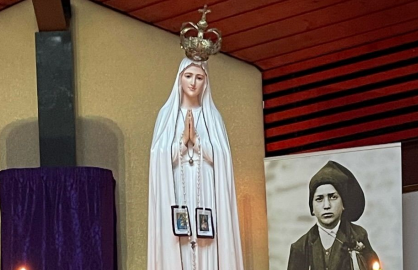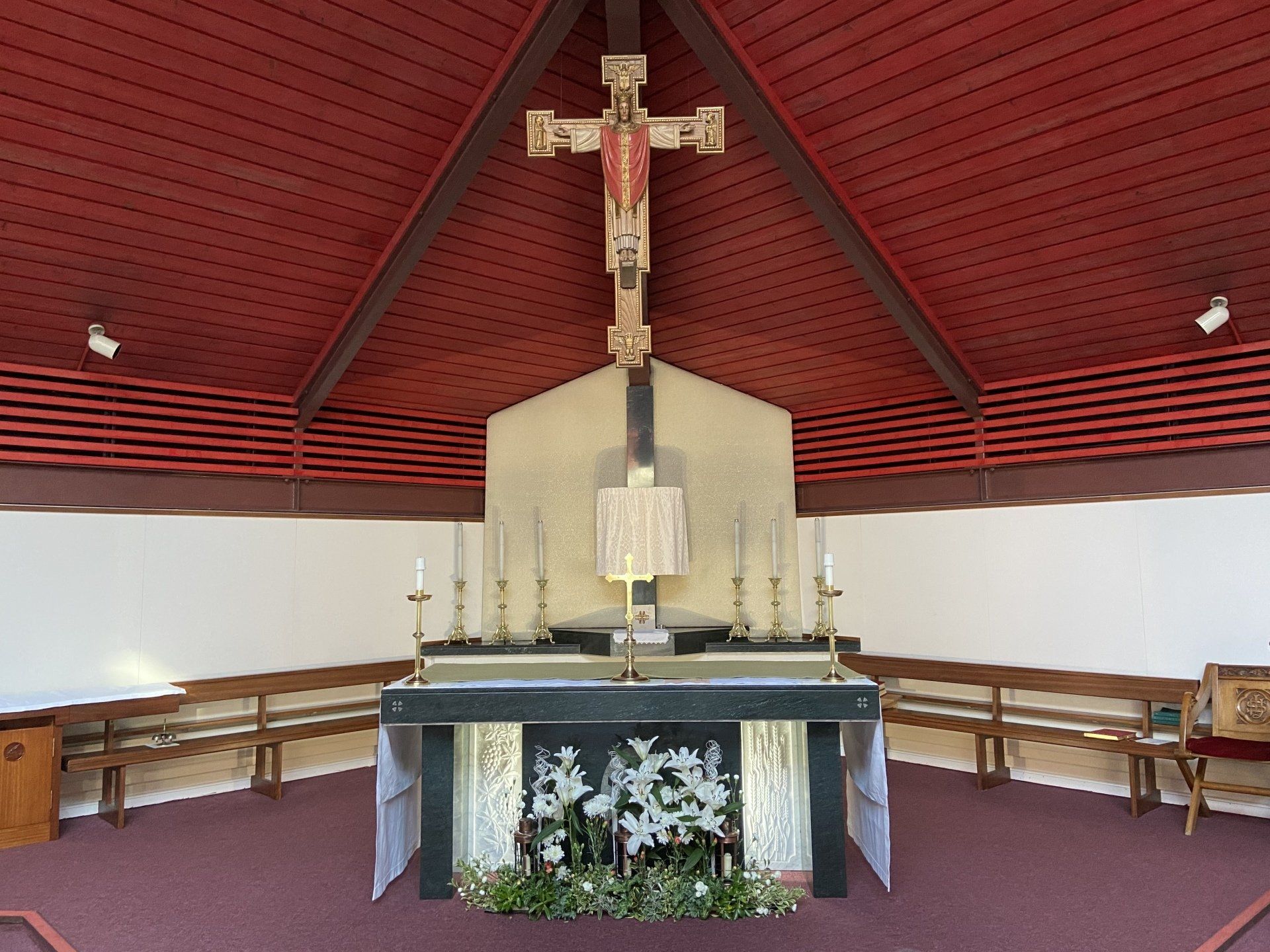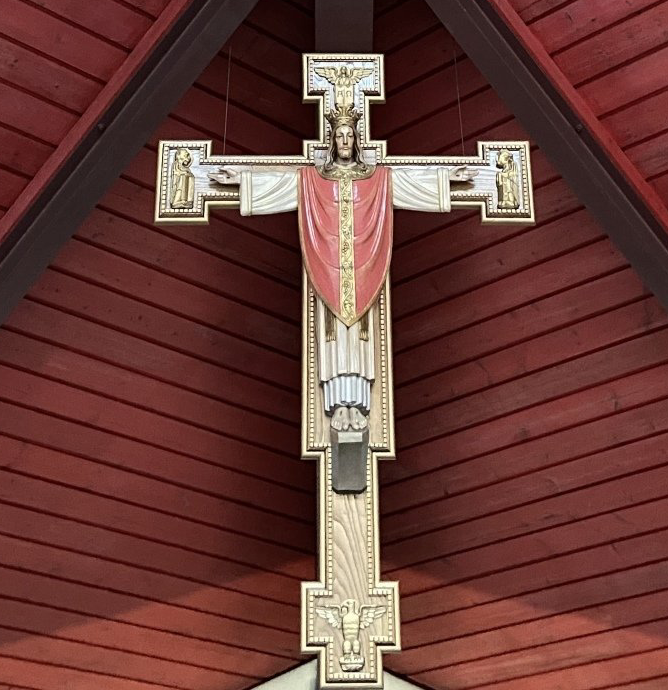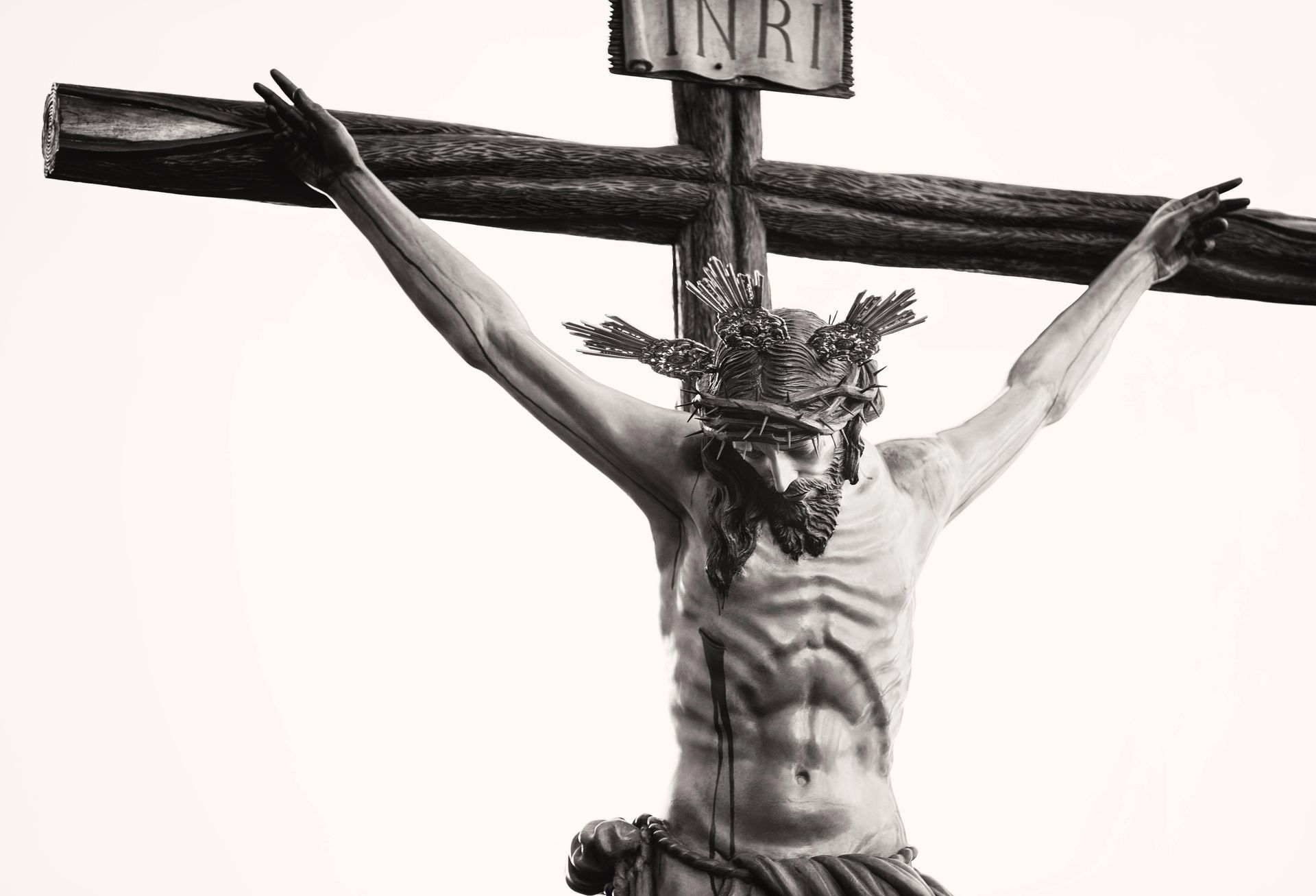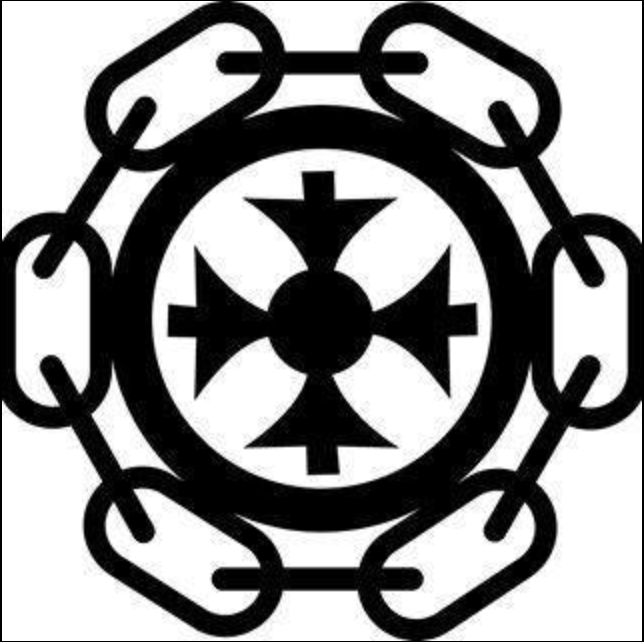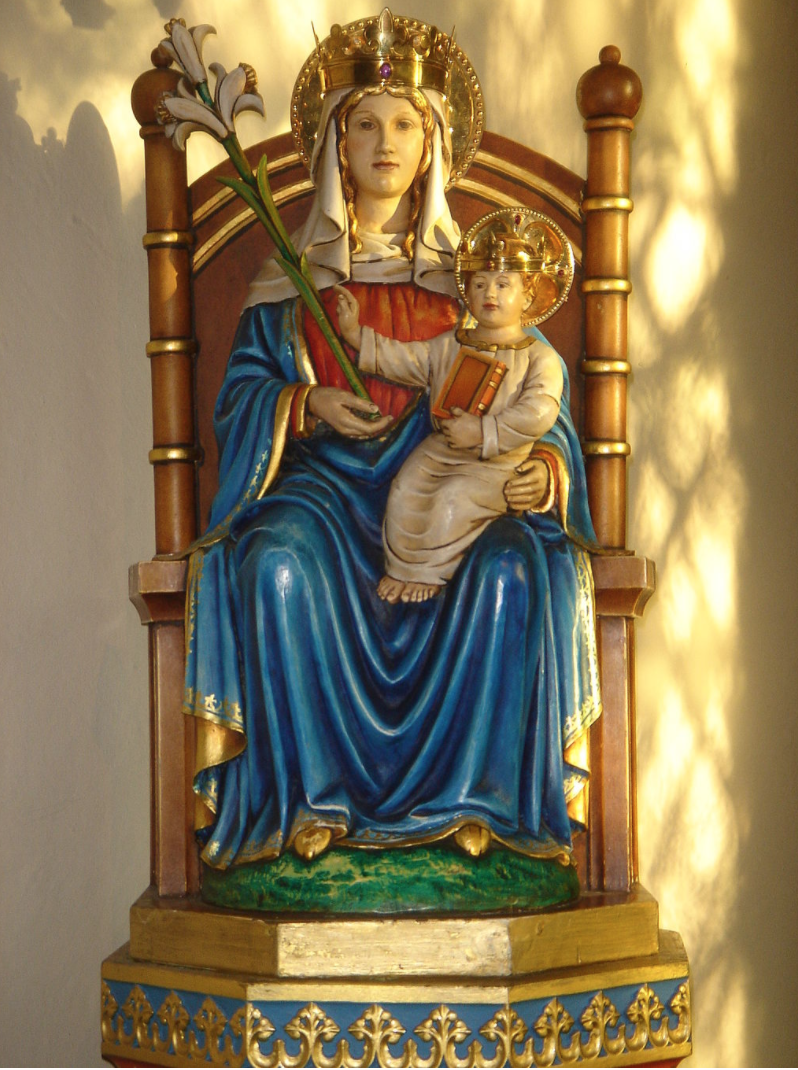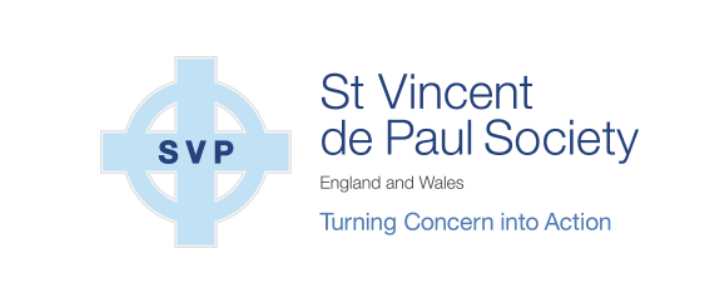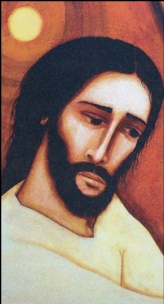Statement on the Nationality and Borders Bill Advent 2021
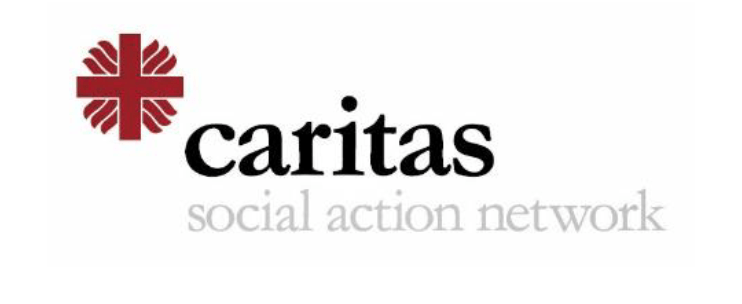
Earlier this month, Pope Francis visited Cyprus and Greece in order to highlight the plight of migrants and refugees in Europe. The human cost of the perilous journeys many people make to seek safety was brought home to us recently by the tragic loss of life in the English Channel. Commenting on the tragedy, Cardinal Vincent Nichols said:
“The terrible loss of so many lives in the Channel is a tragic summons to action. This event illustrates graphically both the ruthless evil of the traffickers and the desperation of those trying to escape poverty, conflict or persecution in search of a better life.
“Everyone is a child of God, with an innate dignity and worth. Focused international cooperation, safe routes to sanctuary and joint efforts to tackle poverty are all needed in the face of a global flood of desperate humanity.”
In recent years, we have seen an increase in the politics of division, a turning in to the protection of ‘our own’, the building of higher walls to keep out those we regard as a threat. This has been accompanied by a discourse which suggests that those seeking asylum are doing so illegally. In international law, it is legal for anyone to seek asylum in a country which is a signatory to the 1951 Refugee Convention. The UK is a signatory.
In his address on Sunday 5 December, the Pope reminded us that being Christian is about having a “heart that sees” – that sees as Jesus sees, that is present where Jesus is present, above all in those who are vulnerable. He encouraged us to see those seeking sanctuary as children of God “to be welcomed, protected, supported and integrated.”
The Nationality and Borders Bill, currently making its way through Parliament, would overhaul our asylum system to make it much more difficult to seek asylum in the UK. The Bill would create a two-tier system which discriminated against refugees depending on method of entry to the country. In a letter to the Home Secretary in May 2021, Bishop Paul McAleenan, Lead Bishop for Migrants and Refugees for the Bishops’ Conference of England and Wales, and Bishop Willian Nolan, the Bishop of Galloway, made it clear they were not supportive of any such proposal: “We oppose any move to treat differently those forced to risk their lives or make difficult journeys to reach safety and those who are selected for organised resettlement routes.”
The Bill seeks to expand the use of detention-like out of town centres to accommodate those seeking asylum, where they would be cut off from community support. The Bill also seeks to raise the threshold of proof and deepen a culture of suspicion and disbelief which often greets asylum seekers. Finally, the Bill does not seek to create safe and managed routes for those seeking asylum, which plays into the hands of the criminal gangs who traffic and exploit vulnerable people seeking safety.
Two member organisations of the Caritas Social Action Network, the Saint Vincent de Paul Society and the Jesuit Refugee Service UK, have produced a campaign toolkit, 8 things you should know about the Nationality and Borders Bill and actions you can take to change it. This resource examines the Bill in the light of sacred Scripture and Catholic Social Teaching and proposes practical ways in which the Catholic community can express its concerns. You can find the resource at either of their websites: https://www.svp.org.uk/nationality-and-borders-bill-campaign-toolkit
or https://www.jrsuk.net/eight-things-you-should-know-about-the-nationality-and-borders-bill/.
The toolkit suggests four ways you can advocate for refugees:
1. Write to your MP to express your concerns about the Bill and call for a just and person-centred asylum system which respects the dignity of the person. The toolkit includes a template letter. With the Bill currently at its third reading, there is a need for urgency.
2. Share the toolkit with others. Pope Francis, writing in Evangelii Gaudium, says that solidarity is more than acts of generosity, “it means working to eliminate the structural causes of poverty and to promote the integral development of the poor” (EG, 188). We are called to be agents of change, to develop our advocacy capacity at parish, diocesan and national level.
3. Welcome a refugee or asylum seeker. The Community Sponsorship Scheme, pioneered by Catholic parishes, has thus far enabled over 350 communities to resettle a refugee family. Contact sean.ryan@csan.org.uk to find out how you can get involved. Find out more about hosting an asylum claimant at https://www.jrsuk.net/at-home-hosting-scheme/.
4. Pray for refugees. In the season of Advent, the Cycle of Prayer includes Migrants and Refugees. As we prepare to celebrate the Nativity of the Lord, we remember that the Holy Family were themselves refugees, driven from their home by fear of persecution. This Advent let us pray for migrants and refugees and pray for ourselves, that our hearts will never be hardened in the face of their plea for sanctuary.
Caritas Social Action Network is an agency of the Bishops’ Conference of England and Wales dedicated to tacking the causes of poverty, promoting justice and restoring dignity. It is a member charity, with 54 members, including the Caritas agencies of 17 of the dioceses of England and Wales. For more information, please visit https://www.csan.org.uk/. To contact us please email admin@csan.org.uk.
